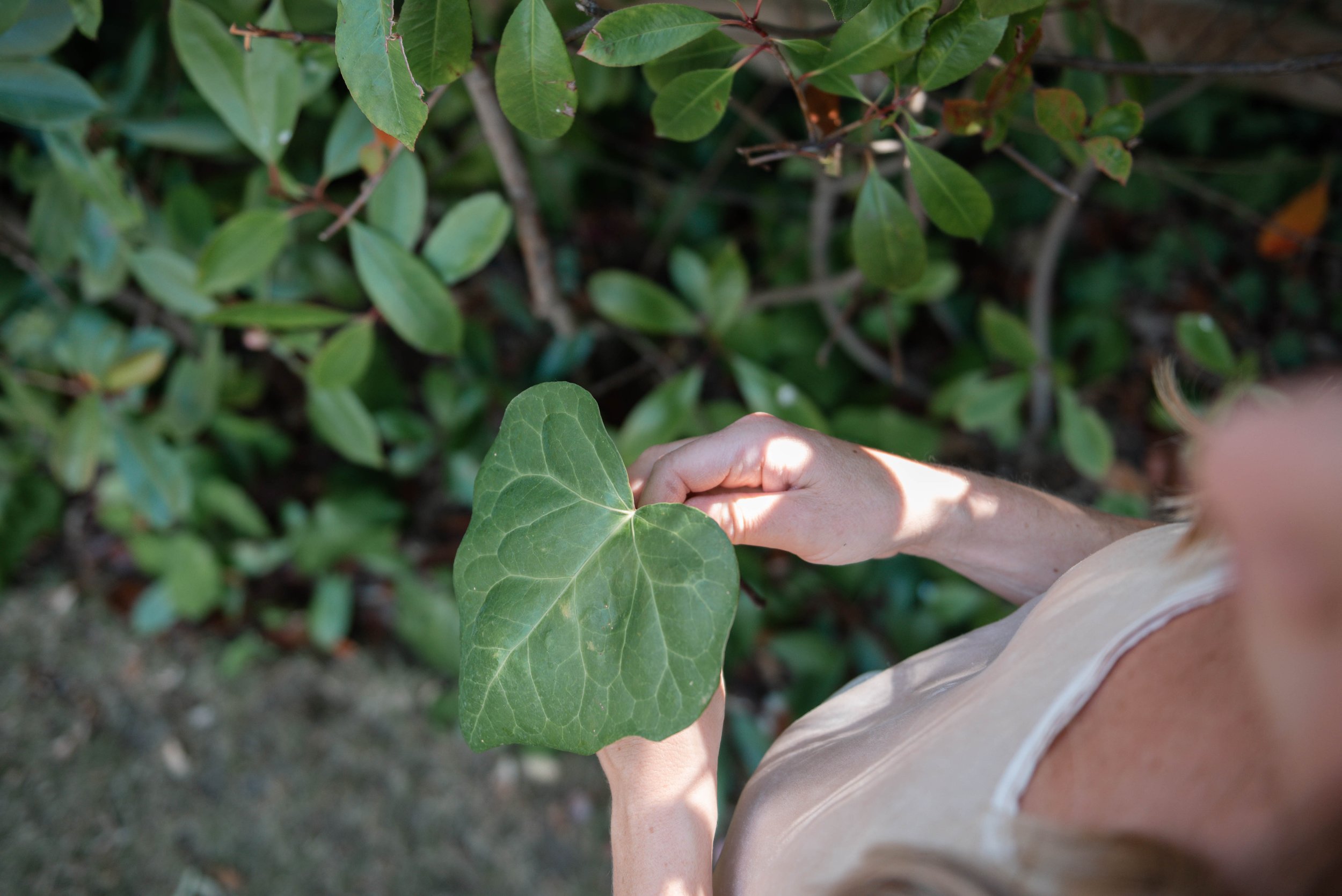
Intestinal Parasites
Problems with persistent parasites? I can help…
Intestinal worms True or False?
-
False.
Helminths (intestinal worms) play a role in the ecosystem of the human intestines.
Studies show that helminths may have immune boosting properties when at manageable levels.
Helminths have been used therapeutically to reverse the signs and symptoms of autoimmune conditions.
-
False.
Pinworms don't often show up on tests, even the most advanced PCR tests do not always detect them.
The sticky tape test is redundant and would need to be carried out at night to have even the slightest viability.
No test is 100%
Just because pinworms may not get picked up on a test, it does not mean they are not in there.
-
False.
Extensive studies on adults and pinworms do not exist, studies on adult populations are limited because worms are not considered a problem and most of the research has been carried out on children or in paediatric settings, such as schools and nurseries.
If the research is mainly done on children then the general consensus and discussions will be centred around children.
This does not mean worms do not affect adults.
All humans have worms in their intestines and they play an integral role in the ecosystem of the gut.
An overgrowth or massively over-populated colony of pinworms is a problem however and is known as Enterobiasis.
-
The large intestine could be spread across a tennis court, given its surface area. So how will you know when they are all gone?
Rather than consume yourself with killing all of the worms in your intestines and therefore other very important microbial species in the process, reducing worms to a manageable level where they go unnoticed is optimum.
If you have a very heavy 'parasite burden' a combination of medical and nutritional therapy supervision may be required.

‘Parasite overgrowth’ not ‘infection’
It is common for humans to have parasites in their intestines, such as intestinal worms. Problems occur when specimens become over-populated and take up too much 'real estate’ space in the gut, causing parasite overgrowth or ‘infection’. Or if there is a known pathogen that needs to be removed.
What are intestinal parasites?
Think about your gut like a garden. If there is an overgrowth of weeds in it preventing the growth of the variety of plants that you sew, then you need to get the weeds in check and feed the seeds to help them grow. Your large intestine should be colonised with a variety of ‘beneficial’ organisms that play an essential role in human health and immunity. These are the ones you need to feed.
Bacteria, virus, archaea, helminths or nematodes (worms), single-cell organisms and yeasts are all natural residence in the human intestines. Disruptions in the ecosystem of your ‘gut garden’ can lead to an overgrowth of ‘opportunistic’ species. They may become ‘parasitic’ when over-populated, causing parasite overgrowth and contributing to any amount of gut, mood, skin or pain symptoms. An overgrowth can be considered an ‘infection’ even if the specimens are natural residents of the human intestines. These are the ones you need to weed.

How do you ‘get rid’ of them?
When it comes to persistent intestinal parasites, which are natural residence, the questions shouldn’t be ‘where did they come from? or ‘how did you get them?’ It should be ‘why have they become so massively over-populated at this time?’
Trauma or a period of extreme stress plays a significant role in parasite overgrowth due to the physiological impact of the stress response on immunity. Additionally, a parasite overgrowth or parasite die-off can trigger stress, trauma and anxiety in a perpetual cycle.
Although the diet is also a fundamental factor in the functioning of the intestines, it is just one part of the parasite puzzle. To overcome parasites we have to get to the root cause of trauma, modify the diet and lifestyle to boost immunity, optimise detoxification processes and take part in a parasite cleanse if necessary. Most importantly, find a way to free the mind- ideally by connecting with the immune boosting properties of spending time amongst nature.
Why do you have a parasite problem?
Get to the root cause…
There could be a number of reasons why you have persistent parasites:
Low fibre or diversity of fibre intake
Low stomach acid caused by prolonged stress or trauma
Low stomach acid caused by dietary factors such as sugar or alcohol
Low white blood cells
Nutritional deficiencies
Regular use of antibiotics (Abx) eradicating beneficial types of bacteria
1 week of Abx is enough to cause 6 months of disruption in gut bacteria
Use of hand sanitisers or sprays disrupting the skin and gut microbiome
Harsh household chemicals, cleaning detergents and antibacterials

You are more microbial cells than human cells, which is why you are collectively known as ‘The Human Superorganism’
If you have discovered worms in your stools…
If you have run a test to show that you have an intestinal worm or parasite overgrowth…
If you have a negative test result and know you have an intestinal worm or parasite overgrowth…
I can help you.
“When we are in harmony with the natural world we can begin to heal.”
— Dr Qing Li (2018)
References
Ianiro, G., Iorio, A., Porcari, S., Masucci, L., Sanguinetti, M., Carlo Federico Perno, Gasbarrini, A., Putignani, L., & Cammarota, G. (2022). How the gut parasitome affects human health. 15, 175628482210915-175628482210915. https://doi.org/10.1177/17562848221091524
Hirt, H. (2020). Healthy soils for healthy plants for healthy humans. EMBO Reports, 21(8). https://doi.org/10.15252/embr.202051069
Li, Q. (2009). Effect of forest bathing trips on human immune function. Environmental Health and Preventive Medicine, 15(1), 9–17. https://doi.org/10.1007/s12199-008-0068-3
Li, Q., Kobayashi, M., Wakayama, Y., Inagaki, H., Katsumata, M., Hirata, Y., Hirata, K., Shimizu, T., Kawada, T., Park, B. J., Ohira, T., Kagawa, T., & Miyazaki, Y. (2009). Effect of Phytoncide from Trees on Human Natural Killer Cell Function. International Journal of Immunopathology and Pharmacology, 22(4), 951–959. https://doi.org/10.1177/039463200902200410
Dr Qing Li. (2018). Shinrin-Yoku. Penguin UK.






